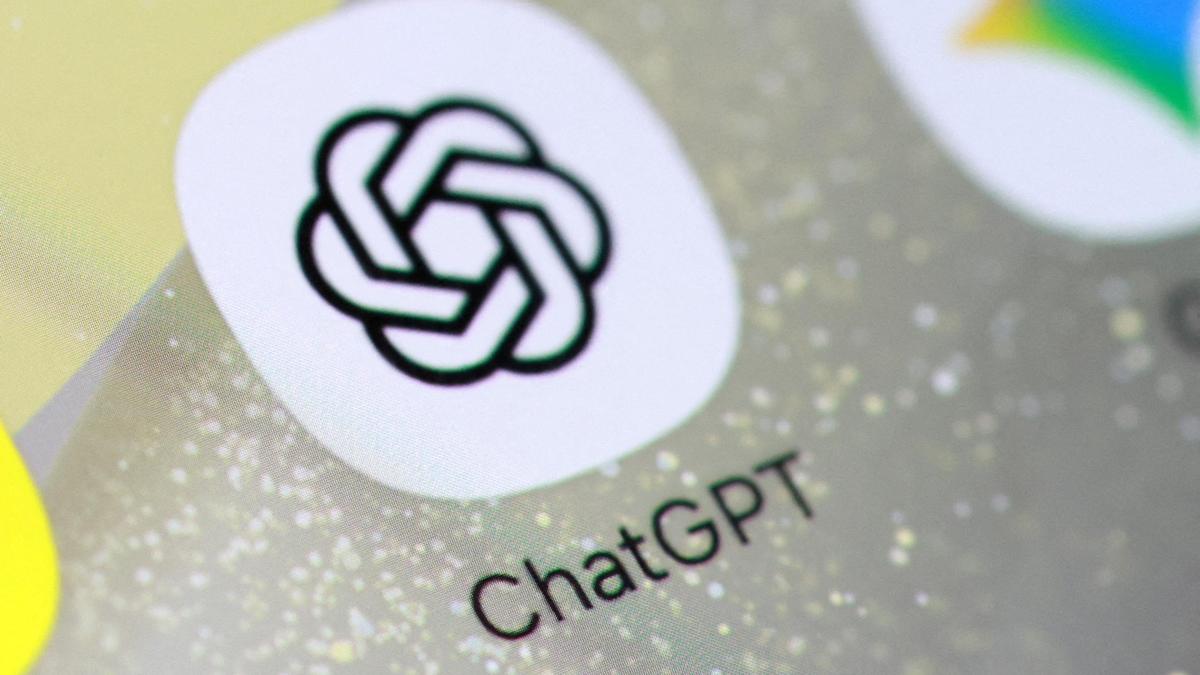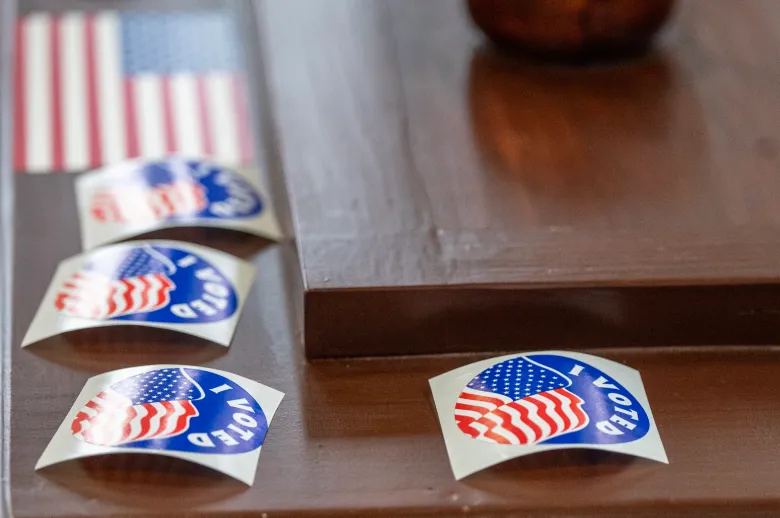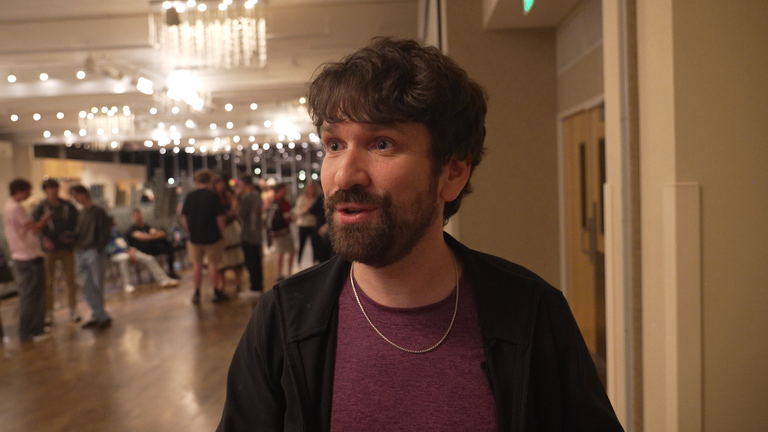Copyright thehindubusinessline

OpenAI will offer its ₹399-per-month ChatGPT Go plan free for one year to users in India starting in November in what appears to be a strategic customer acquisition and market-seeding move rather than a permanent freebie. The decision gives Indian users access to enhanced features, including higher upload limits, broader context handling, and expanded use-cases, while enabling OpenAI to gather richer behavioral data from one of its fastest-growing markets. Analysts say the move will help the company refine localisation, improve multilingual accuracy, and train its models using real-world interactions. Vikas Singh, Chief Growth Officer of Turinton, explained that OpenAI gets training data from Indians using ChatGPT to improve their models globally. However, this is not the same as selling user data to advertisers. “Every conversation trains their systems, which helps their paying enterprise customers down the line. At the same time, OpenAI knows free access for a year creates habit formation. After 12 months, users will have integrated ChatGPT into their workflow, and switching costs will go up. It’s a smart market strategy, but also delivers real value. You get accessibility, OpenAI gets lock-in and training data.” ChatGPT hit 700 million weekly users partly because of the affordable Go tier in emerging markets. Singh added that companies make money through three separate channels. Even if just 5-10% of Indian ChatGPT users upgrade to paid tiers at Rs. 400-500 monthly, that is over $100 million in revenue. Alongside, enterprise API monetization is completely separate - businesses paying consumption-based fees for ChatGPT integration into their own products pay a different price structure. Infrastructure efficiency compounds too: every free user generates training signals that improve models, which justifies premium tiers for paying customers. So, companies can afford to give away consumer access because they are spreading infrastructure costs across billions of users while capturing real profit from the enterprise. By positioning as part of India’s national AI agenda, OpenAI also becomes a partner and not the foreign profit-seeker. This becomes huge for regulatory goodwill when governments start making AI policy decisions. “This isn’t just about selling subscriptions - it’s nation-state level positioning that compounds for years,” he said. In India -- a young, mobile-first, price-sensitive market that’s already one of OpenAI’s largest user bases -- a move like this lowers friction, drives real usage, and gives them a live test-bed for localisation, new features, and workflows. “Every user interaction is unique, real-world data that helps train and refine their most advanced models like GPT-5, which powers ChatGPT Go. In a large, linguistically diverse, and rapidly digitising market like India, this data is invaluable for improving language understanding, cultural context, and accuracy. It’s also proprietary and inaccessible to competitors, which makes the value of India’s usage data exponentially higher,” noted Jacob Joseph, VP – Data Science, CleverTap. OpenAI is also establishing its first Indian office in New Delhi later this year, registering a local entity, and planning a gigawatt-scale data centre build as part of its global “Stargate” infrastructure push. The free Go-offer is part of a broader ecosystem bet. “Whenever a tech company makes something this powerful free, there are questions around data, pricing tactics, and long-term intent. But whatever the tactic, the outcome for the end user is higher productivity and faster access to intelligence. In India, free access to ChatGPT Go is strategic. More than the ‘you’re the product if you don’t pay’ scenario, it is about shaping behavior in a country where digital habits set global trends. As adoption becomes mainstream, commercial models will evolve and other players may follow,” Sammir Inamdar, Founder, CEO at Enthral.ai, said. Competitors are pursuing similar strategies. Google has offered free access to Gemini Pro for Indian students, while Perplexity partnered with Airtel to provide its Pro tier free to 360 million telecom customers. Anthropic, meanwhile, has avoided consumer giveaways but is expanding its footprint by opening offices in Bengaluru. However, each competitor is taking a different angle. “This isn’t panic - it’s intelligent segmentation where multiple strategies can work simultaneously because the market is big enough. This competitive intensity actually proves India matters strategically to every player,” the Turinton spokesperson highlighted. While this move is democratizing AI, it can also be interpreted as competitive aggression because Google and Perplexity have to match or lose market share. 2026 onward, the game shifts to monetization, with users who have used free ChatGPT being forced to upgrade or lose everything. Published on October 29, 2025



